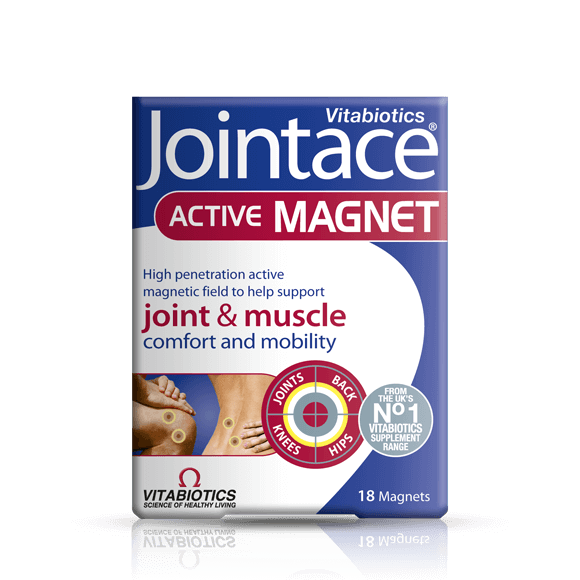Studies are suggesting that food increasingly plays a role in anxiety management. Lisa Oxenham, Beauty & Style Director at Marie Claire, shares some tips that might help you if this sounds familiar.
Going back to a full-time job after maternity leave is enough to give anyone palpitations and speedy breathing. The only way I could cope with the stress was to get myself into peak condition by making sure I had adequate sleep and acknowledging the very real connection between diet and mental health.
The latter involved some adjustments because during my leave period I’d gone from being vegan and sugar-free to surviving on cheese on toast and various forms of chocolate for breakfast, lunch and supper, and litres of green tea (while a cup or two may be great, the amount I was drinking gave me caffeine jitters in the afternoon and had a profound influence on my overall well-being).
I’m still working on it but have been making tweaks to encourage my diet to subtly influence my mental health, manage my anxiety and lift my mood. (Note: more research is needed to fully understand the role of nutritional psychiatry and it is not a substitute for medication). This is how I ease my anxiety with my diet choices:







Comments (0)